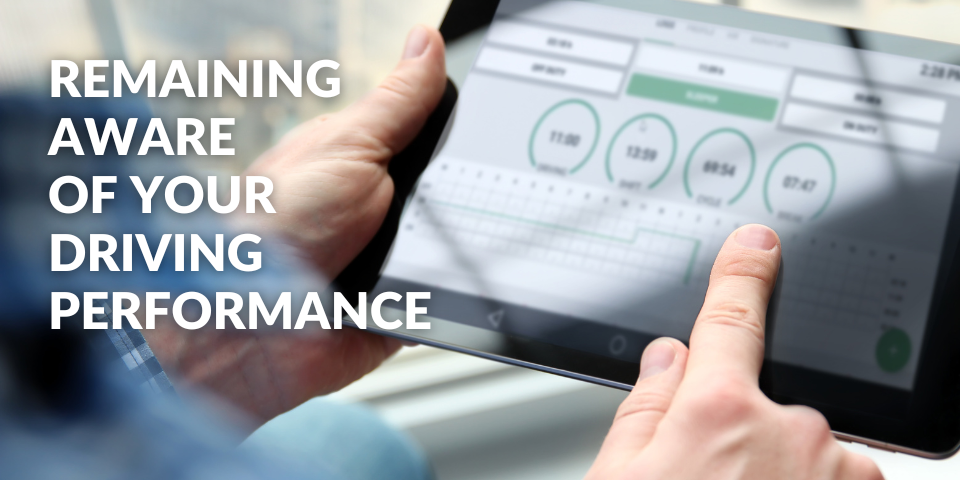In The News

Remaining Aware of your Driving Performance
Have you ever been turned away from a driving opportunity because of a questionable work or driving history? Maybe your PSP (Pre-Employment Screening Program) possesses more cons than pros, or your DAC (Drive-a-Check) employment history displays a less-than stellar work record with your previous carrier. Over the years, I’ve endured the misfortune of having to discuss a trucker’s inability to land a driving position with a company. And, more often than not, the reasons for their disqualifications are due to a driver falling outside of the good graces of FMCSA (Federal Motor Carrier Safety Administration) statutes, which include the ELD (Electronic Logging Device) mandate of 2017.
Even before the driver-dreaded ELD mandate and enforcement of electronic logs, there was a period of time in which drivers were either scared to death of what was the unknown world of satellite tracking and monitoring, or brazenly naïve as to how damaging their unkempt HOS (Hours of Service) logbook could be in determining their next trucking employer.
As It Once Was
It used to be widely accepted that commercial drivers were revered as the rulers of the road. Four wheeled vehicles, and their operators, weren’t brave enough to get in the way of a roaring semi. And truckers were simply honest-living folks who were on a mission to deliver their goods, as well as garner a paycheck.
Were there drivers who were willing to take advantage of loose driving restrictions, back in the day, in an effort to increase their ability to pump up their wages? Of course. But were there also those who would be happy to haul freight across the country and do so by abiding to the laws of the land? Also, yes.
However, it was discovered that the ability to drastically increase one’s earning potential became evermore noticeable if truckers were willing to take matters into their own hands. That often meant a rise in hours-of-service violations due to drivers carrying multiple logbooks in their trucks, manipulating the numbers, and producing cross-country treks that would make any traveler jealous.
Hence, the further involvement of the FMCSA and what many trucking veterans refer to as the over-regulation of the industry. Electronic logs.
The Future Is Here
Since December 2017, the ELD mandate has been in effect. In that timeframe, companies have found that driver HOS violations have dropped considerably. However, some ramifications of the mandate have also shown increases in accidents and unsafe driving citations. Many of these obstacles can certainly be avoided, but not all blame should be placed on the ones behind the wheel.
Trucking companies, especially their dispatch and operations personnel, often encourage drivers to take additional risks in the name of faster freight delivery. Drivers often feel added pressure to over-perform when it comes to driving faster, or even more recklessly, just to try and shave off a few minutes from their clock here and there.
Please, do not fall into this trap.
The possibility of getting involved in an accident, or being cited for unsafe operation, speeding, or improper lane usage, will only threaten a driver’s livelihood in the long run. Once a multitude of violations have been levied on a DAC history or PSP, it’s very difficult for a driver to dispute them, or even back up their claims that it may not have been entirely their fault. This is a losing battle.
Our terrific community of truck drivers deserves better. They put their necks on the line each and every time they punch “available” into their ELDs. It’s their lives, their income, and the lives of countless others which are negatively affected the most. Fair or unfair, driving performance is something truckers should always be aware of.
So, keep on truckin’ and give it your best every day. The way you carry yourself and how well you perform on the road will eventually outweigh that one load you passed up on because you didn’t feel you could safely complete the trip. Be smart about your current driving situation because you never know when and how it may affect your future.
